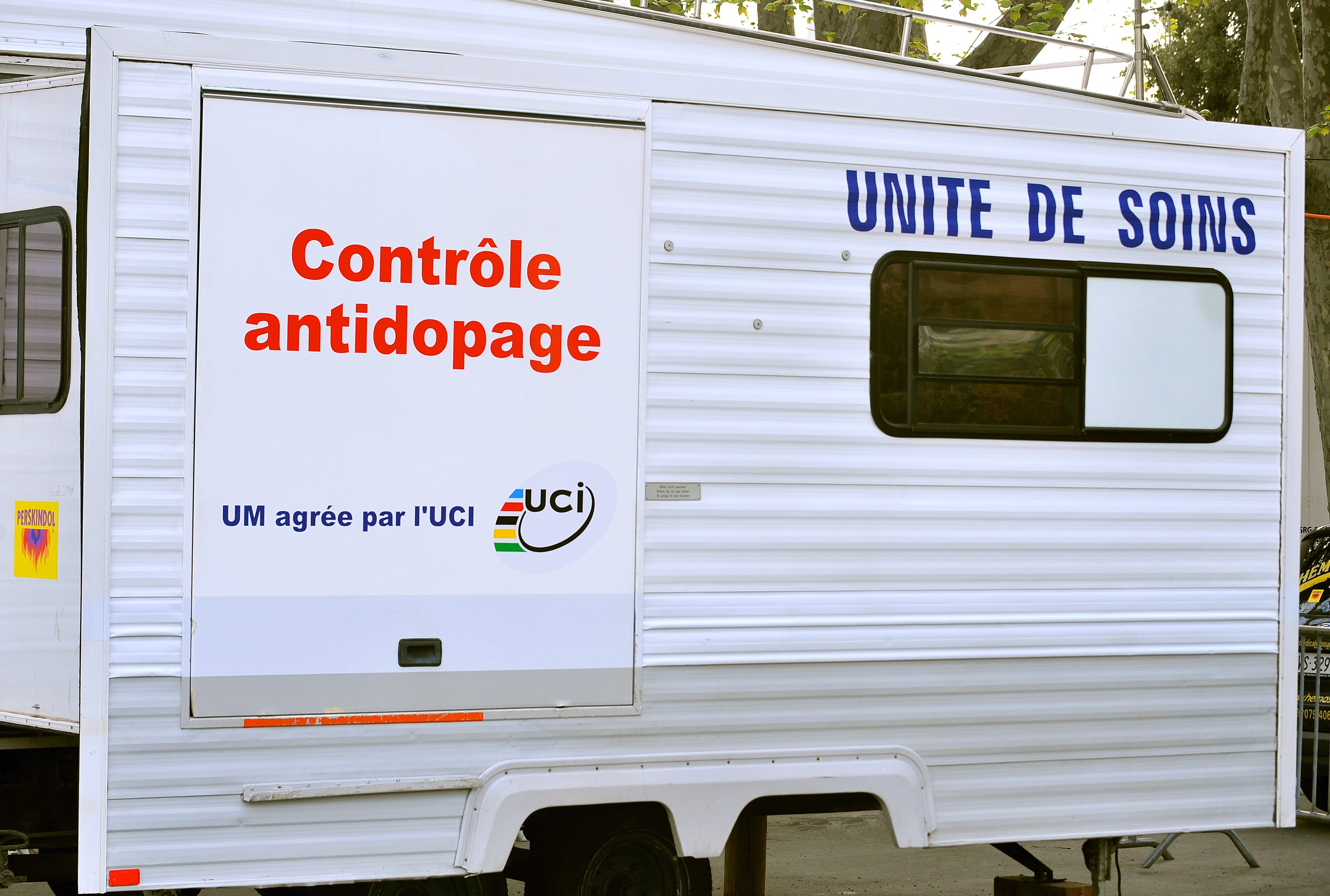WADA studying ban on corticosteroids after Wiggins controversy
Current test can't distinguish between allowed, banned methods of use


The World Anti-Doping Agency (WADA) is studying a ban on corticosteroid drugs in the wake of months of controversy over their use by Olympic Games gold medalist and Tour de France winner Bradley Wiggins.
Tour de France winners Froome and Wiggins named in confirmed 'Fancy Bear' WADA hack
Wiggins' TUE under scrutiny before Sunday morning interview
Wiggins says he didn't take triamcinolone to gain an unfair advantage
Tom Dumoulin says Wiggins' TUE case stinks
Bradley Wiggins explains TUE use, asthma and allergies
Team Sky riders comment on Wiggins controversy and TUE process
Cookson defends TUE system as being more rigorous since Wiggins' applications
Cooke 'sceptical' about Team Sky's use of TUEs and Wiggins' jiffy bag
Olivier Niggli, the director general of WADA, spoke at the Tackling Doping in Sport conference, where he revealed that a study group has been established to examine the status of triamcinolone and other similar drugs, according to the Telegraph.
Corticosteroid drugs are used to treat numerous medical conditions, from poison ivy to asthma, and can come in several different forms. Some products like nasal spray or tropical creams are allowed in competition, while others such as pills or intramuscular injections are banned in competition, and require a Therapuetic Use Exemption.
Following a leak of TUE data by supposed Russian hackers after the Rio Olympic Games last summer, Wiggins confirmed he had used injectable triamcinolone (Kenalog) to combat seasonal allergies. He received TUEs for injections before his unsuccessful 2011 Tour de France bid, his 2012 Tour de France victory and his 2013 attempt of the Giro d'Italia.
Wiggins was adamant he did not use the drug to gain an unfair advantage. However, Kenalog has a history of being abused by cyclists for performance enhancement benefits, and it is impossible to differentiate between prohibited uses and allowed uses in a laboratory test.
"It is an unsatisfactory situation, we all agree with that. And we have set up a group to try to come up with better proposal to how we can do it," Niggli said, according to the Telegraph.
"The hope has been for a number of years that research would bring us a detection method that would distinguish the route of administration. Reality is that it doesn't seem that easy to come up with a method to allow us to do that distinction.
Get The Leadout Newsletter
The latest race content, interviews, features, reviews and expert buying guides, direct to your inbox!
"We are now at a stage where we needed to have a number of discussions about how we deal with that. In my view, I agree the system as it is now is not good.
"In fact, only those who are being honest about what they have been doing get caught. Otherwise, you always say, 'It was a cream', and you get away with it."
Niggli sad the study group will also evaluate which medical conditions would be valid for a TUE application for triamcinolone.
UK Anti-Doping CEO Nicole Sapstead said she supported a ban.
"If they were to introduce an outright ban then great," Sapstead said. "Our view is that they [corticosteroids] aren't always being administered in a way that's reflective of an individual's actual medical needs and that can't be right when somebody doesn't actually have a medical problem that warrants that use because it then has some additional effects that they can benefit from."